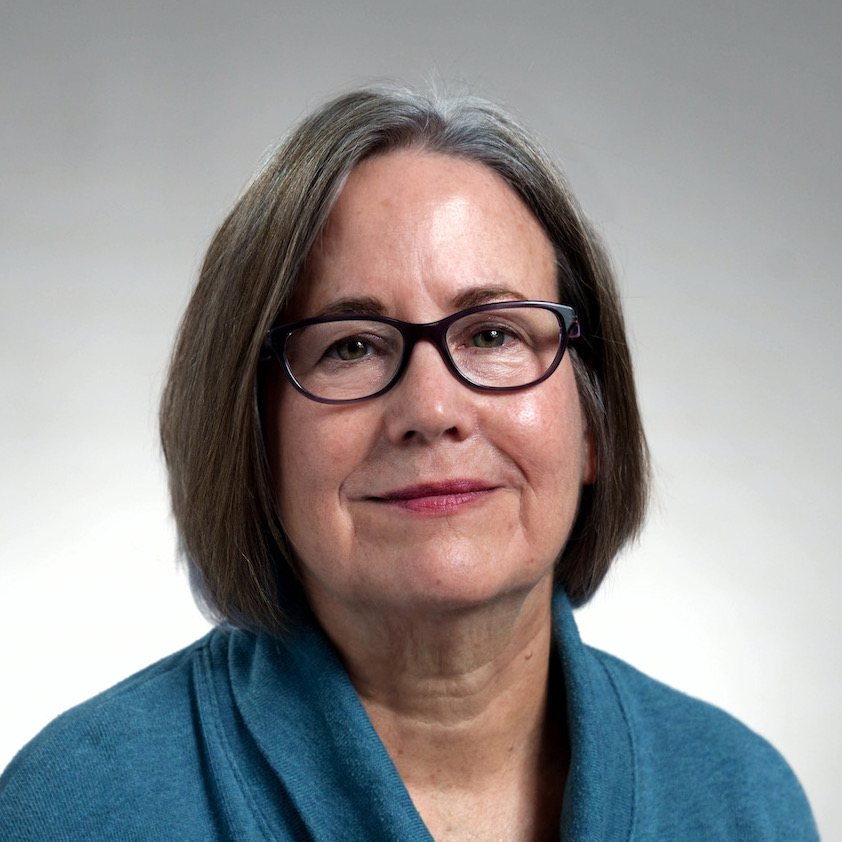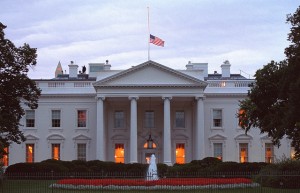Tag
white house
-
Biden administration pledges open access to briefings after AHCJ raises concerns
A spokesman for President Biden’s administration has pledged that any legitimate reporter who signs up with the White House press…

-
•
A physician offers his view on the White House Conference on Aging
Bruce Chernof, M.D., is a geriatrician, president of The SCAN Foundation, based in Long Beach, Calif., and a former chairman…

-
•
Ms. Seegert goes to Washington
When the confirmation email arrived in my inbox late Friday afternoon, I had all but given up on obtaining press…

-
•
Conference offers occasion, sources to report on key issues of aging
The Older Americans Act – signed into law on July 14, 1965 – mandated a national conference on aging every…

-
Webcast of regional White House forum on reform
The third regional forum about health care reform is being held today in Des Moines, Iowa. It’s streaming live: Read…

-
Obama fought internal opposition to Health Policy
Jonathan Cohn at The New Republic writes about how health care reform nearly got pushed aside in President Obama’s budget…


